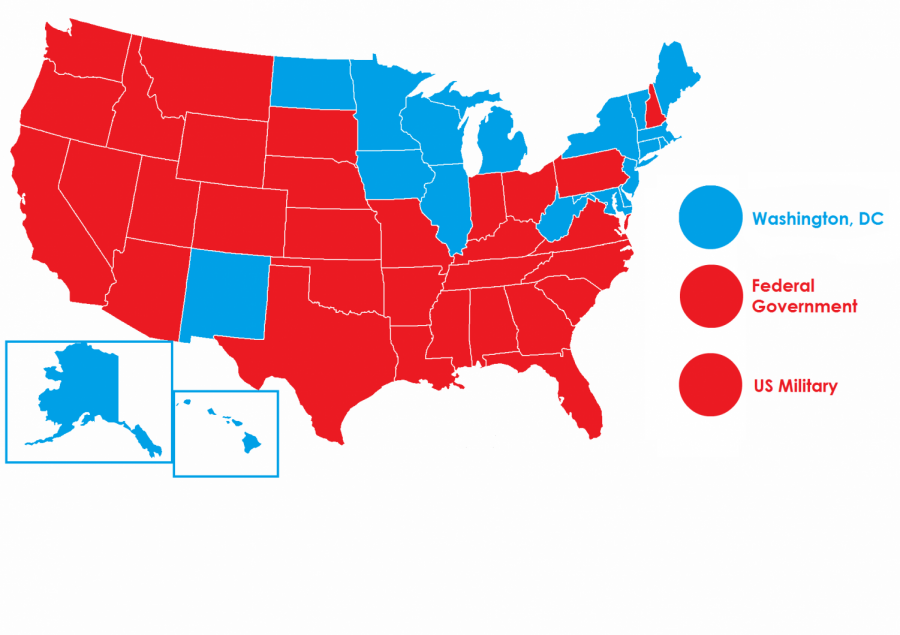Opinion: Capital Punishment
For decades, the death penalty has been fiercely debated in American politics. It’s been legal for most of American history, but its use has declined in recent years. It’s time to abolish the death penalty altogether. Here’s why:
1: The death penalty, as it exists today, is not an effective deterrent.
There’s not a lot of evidence to suggest that capital punishment has been especially effective in deterring violent crime. Research has failed to find a relationship between the homicide rate and the existence of the death penalty. For example, a 1996 study by Northwestern University revealed that some 80% of expert criminologists believed the capital punishment had no deterrent effect. A similar percentage also maintained that increasing the rate or number of executions would not help deter crime.
2: The death penalty doesn’t cost less than life in prison.
A popular misconception about the death penalty is that it saves money. Executing prisoners on death row is not cheap. Lethal injection drugs have become increasingly expensive, but more costly is the extensive legal process required to go through with an execution. A recent analysis conducted by Seattle University concluded that cases in Oregon where prosecutors sought the death penalty cost almost twice as much as similar cases ending with life in prison. Shortening this legal process and making executions easier would only incite more wrongful death lawsuits against the state, eventually increasing costs as a result.
3: If a mistake is made, it can’t be corrected.
If the state executes a person later found to be innocent, a grave miscarriage of justice has occurred.
Researchers at the University of Michigan Law School and Stanford University gave 4.1% as a conservative estimate of the number of innocent people on death row in the United States. For example, in 1944, the State of South Carolina illegally executed a 14-year old boy named George Stinney for a murder he had no part of. It took 70 years for his conviction to be overturned. There are countless examples of people murdered by the state for crimes they did not commit. Just one wrongful execution is too many to allow this practice to continue.
We all know about the terrible violence perpetrated by terrorists, murderers, and others. Many of us are justifiably angry at the atrocities and believe these acts deserve a reciprocal punishment. The cost, however, both financially and morally, is too great. Allowing violent criminals to face life imprisonment without parole, rather than capital punishment, is a small price to pay.








